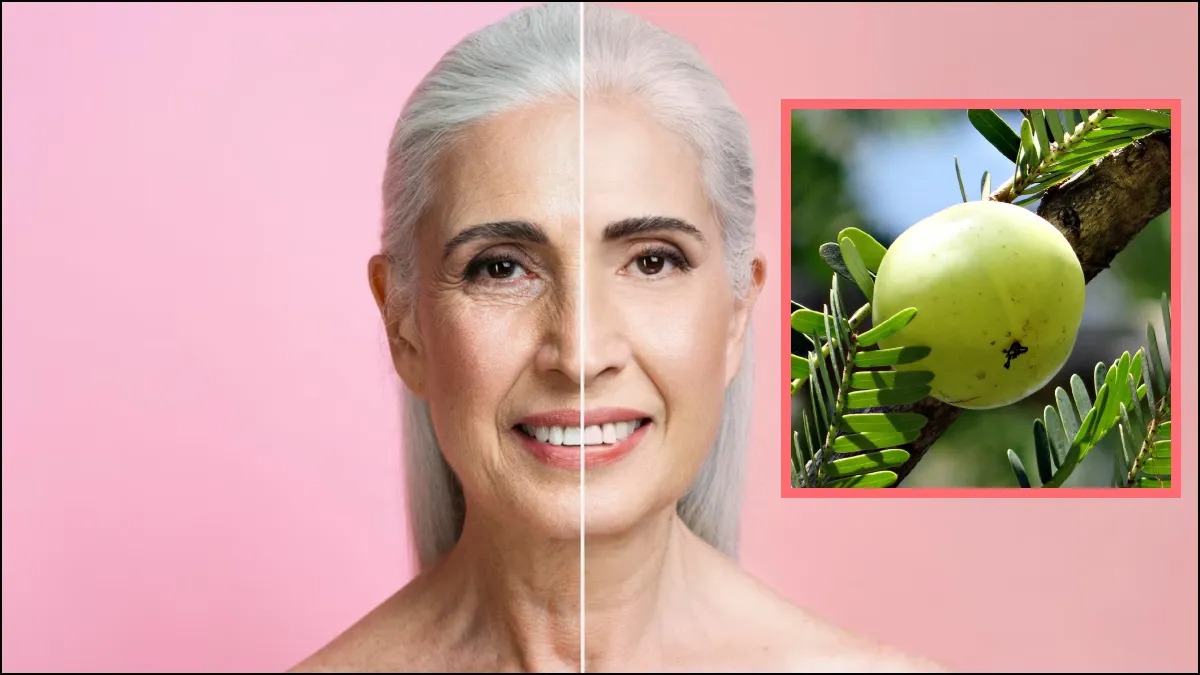
Who doesn’t want to remain young forever? But it is said that youth never comes and old age never goes away. That is, once the days of youth are over, they never come back and once old age comes, it never goes away, rather it increases day by day. Therefore, it is very important to control old age. If you do not want to grow old quickly, then take special care of your diet and lifestyle. Include such things in your diet that help you stay young for a long time. One such thing is Amla, Amla rich in Vitamin C is said to give eternal youth. That is, by eating Amla, you remain young for a long time. Amla improves your hair, skin, eyes, and immunity. When all these things become weak, old age starts appearing quickly. Therefore, consume Amla daily.
Age is first identified by white hair, baldness, wrinkles, poor eyesight, and falling sick. Consuming amla removes all these problems. Eating amla improves eyesight. Eating amla provides vitamin C to the skin and reduces wrinkles. Eating amla keeps hair thick and black. Eating amla increases immunity, due to which you do not fall sick easily. Therefore, to maintain youth, definitely eat 1 amla daily.
What nutrients are in Amla?
Amla is considered the best medicine in Ayurveda. If you eat 100 grams of fresh amla, then you get vitamin C equivalent to 20 oranges. Amla is also rich in carbohydrates. Amla is rich in fiber which helps in keeping the stomach healthy. Minerals like protein, iron, calcium, and phosphorus are found in amla. Apart from vitamin C, amla also contains vitamin A, vitamin B1, and vitamin E.
In which diseases is Amla beneficial?
Apart from this, antioxidants like flavonols, polyphenols, alkaloids, and flavonoids are found in abundance in Amla. These nutrients help in keeping your body and mind healthy. Eating Amla improves memory. The risk of chronic diseases is reduced. Eating Amla can also reduce the risk of heart disease, diabetes, and cancer.
 Suspense Crime Sach Ka Dam
Suspense Crime Sach Ka Dam


